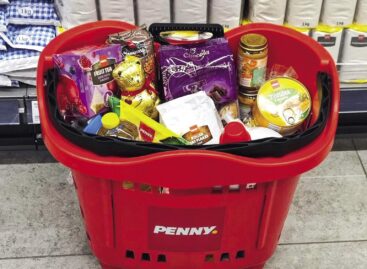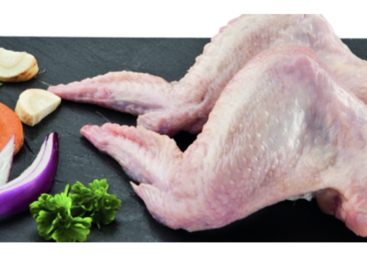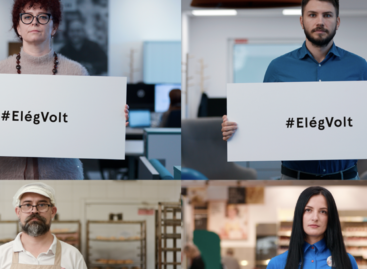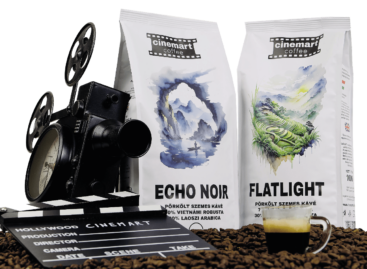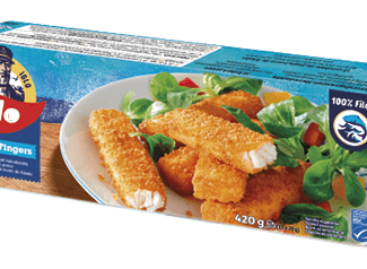Closer to zero: sustainability best practices at Tesco
Climate change is one of the biggest challenges our planet is facing and one of the most important problems for Tesco to solve.
Tesco is already taking steps to reduce carbon emissions, with a target to become carbon neutral in its own operations by 2035 and reach net zero emissions in its supply chain by 2050.
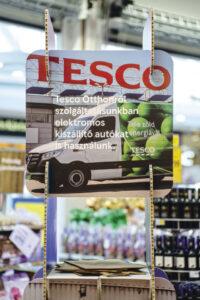

Nóra Hevesi
head of communication
Tesco Magyarország
Efficiency maximised, energy use minimised
“In order to reduce future carbon emissions, we are transforming our processes and operations. We are reducing emissions by maximising vehicle capacity, route planning and using fuel-efficient driving methods. In 2022 we were the first in Hungary to introduce fully electric vans in our home delivery service”,
says Nóra Hevesi, head of communications at Tesco Magyarország.
Since 2020 Tesco has been using 100% renewable energy in every store. The retailer has also switched to LED lighting in stores and uses lockable doors in their refrigerators to avoid energy waste. As a result of these measures, Tesco has cut its CO2 emissions by 63% since 2016 and saves more than 10 million kWh per year.
Not a single bite of food wasted
Estimation is that between 702 million and 828 million people are going hungry on the planet, while 40% of the world’s food ends up in the bin and food waste is responsible for nearly 10% of global greenhouse gas emissions.
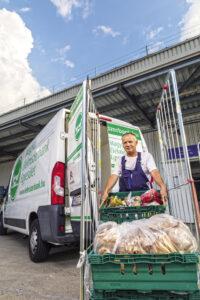
“We strive to minimise the amount of unsold food by sales forecasting, ordering procedures and discounts on products with an imminent expiry date”,
informs Nóra Hevesi.
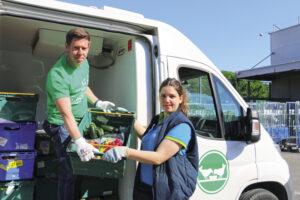
Tesco has been running a food rescue programme since 2014: food that is no longer available for sale but still fit for human consumption is donated to people in need in more than 90% of Tesco stores. The Hungarian Food Bank Association is their strategic partner in this effort, and they also cooperate with the Hungarian Interchurch Aid and Munch. In the 2023-2024 financial year Tesco offered 3,415 tonnes of surplus food for donation.
Reuse instead of new
Tesco has pledged to make the packaging of all private label products fully recyclable by 2025, and has already done so in three complete product categories (household, rice and pasta, pre-packaged fruit and vegetables).
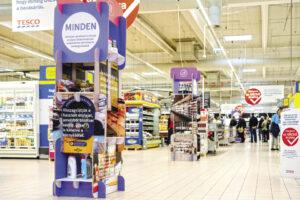
“We have stopped using disposable plastic bags, which were previously free in the fruit and vegetable department. Instead of these biodegradable bags or reusable bags are available, reducing plastic waste by 500 tonnes a year. We utilise reusable and 100% recyclable foldable crates to transport fresh produce from our logistics centre to the sales areas of stores, and back to our supplier after emptying. The crates increase space utilisation by 86% and have contributed to curbing our emissions by 17,050 tonnes since 2019”,
adds the head of communications.
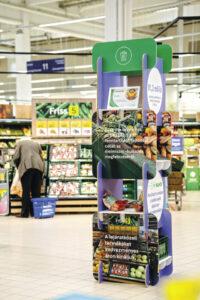
(x)
Related news
PENNY builds on partnership-based CSR
🎧 Hallgasd a cikket: Lejátszás Szünet Folytatás Leállítás Nyelv: Auto…
Read more >Tesco against domestic violence: extra paid leave and financial support for abused colleagues
🎧 Hallgasd a cikket: Lejátszás Szünet Folytatás Leállítás Nyelv: Auto…
Read more >Related news
(HU) Pro-Duck Kft.
🎧 Hallgasd a cikket: Lejátszás Szünet Folytatás Leállítás Nyelv: Auto…
Read more >Iglo and Findus in new hands
🎧 Hallgasd a cikket: Lejátszás Szünet Folytatás Leállítás Nyelv: Auto…
Read more >


